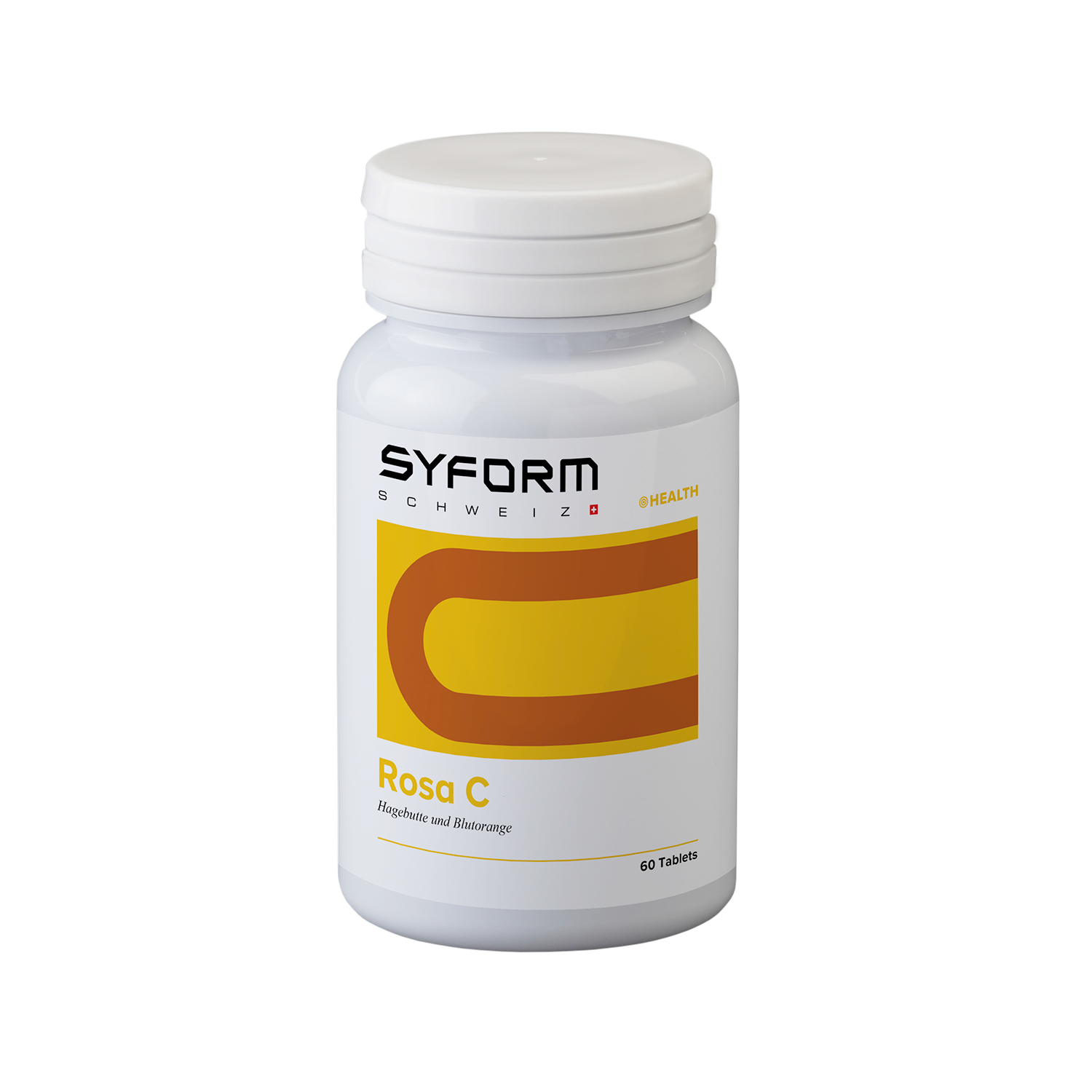The rose hip is a medicinal plant rich in flavonoids and vitamin C, ten times more than the juice of citrus fruits.
Ascorbic acid is an essential vitamin because it stimulates collagen synthesis, promotes healing and growth of tissues, regulates the production of carnitine, some neurotransmitters and hormones, regulates the absorption and utilization of important nutrients (iron, zinc, calcium, magnesium, etc.), improves the response of the immune system by increasing the production of antibodies and strengthening the function of phagocytes, participates in the processes of cellular respiration and modulates allergies and inflammatory processes.
Thanks to all these properties, vitamin C is traditionally used to prevent cardiovascular diseases and winter illnesses such as colds and flu.
Natural vitamin C is more effective than its synthetic form because it is always associated with a compound of substances called bioflavonoids, which have a synergistic and complementary effect, improving its absorption, bioavailability and functionality.
The modern lifestyle, environmental pollution, the influence of electronic devices and, last but not least, cigarette smoking (1 cigarette destroys 25 mg of vitamin C) are all factors that increase our need for vitamin C.
Even with a balanced diet, supplementation is often necessary.
Vitamin C (or ascorbic acid) is best known for its ability to act in synergy with vitamins E and A as an antioxidant, fighting free radicals and neutralizing the oxidative damage they cause to membrane phospholipids and the cell nucleus.
